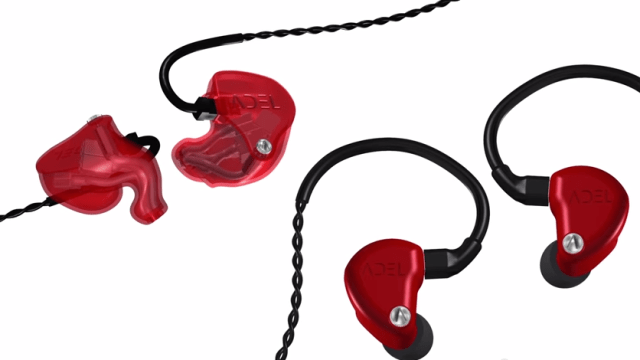Use Caution Mimicking Tone, Body Language During a Job Interview

The art of the job interview is one of preparedness — constant rehearsal of possible questions and answers as well as picking out the perfect outfit to match the company’s standards. But there are uncontrollable factors that some of us may not be able to predict or control, like our tendency to mirror someone we’re trying to impress. In most cases, this copycatting works in our favor — people are more likely to walk away with a good impression of someone who has similar nonverbal mannerisms. But Melissa Dahl from NYMag points out that not all interviewers have the warmest disposition. So, what happens when you unconsciously mimic someone with a cold temperament?
She writes on a new study published in the Journal of Experimental Social Psychology that shows how an interviewer can negatively affect your own attitude and leave a bad impression.
The researchers write:
“Nonconscious behavioral mimicry of negative behaviors occurs in social interactions, is not always associated with positive outcomes, and serves as a process through which behavioral confirmation can occur.”
To test this idea, the researchers took 50 undergraduates and had them give a short speech about themselves for a mock job interview (to use for comparison after the fake job interview). They were then thrown into a room with either an interviewer who acted cold and bored or one that spoke in a more neutral tone.
Those students paired with the colder interviewer matched their tone and, as the job interview progressed, became less enthusiastic. As a way to give an impartial analysis of the interviews, researcher brought in a separate group (with no knowledge of the study’s premise) to rate the meetings. This group found the negative-toned students didn’t seem to want the job as much. Thus, the interviewer set the tone for how the encounter proceeded, creating a “self-fulfilling prophecy,” according to the researchers.
It’s good to keep this knowledge in mind before a job interview. Though, it’s uncertain how much control we have over these psychological impulses — no matter how mindful we may be of them.
Read more at NYMag.
Photo Credit: Shutterstock





